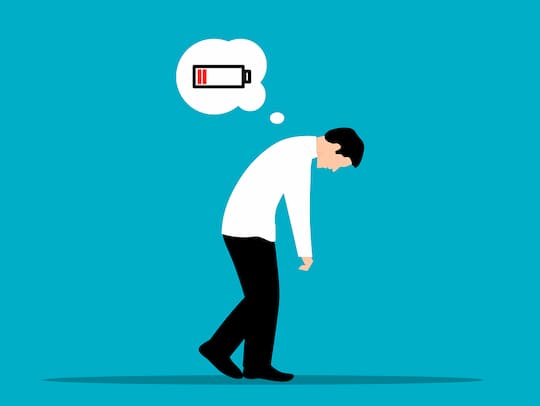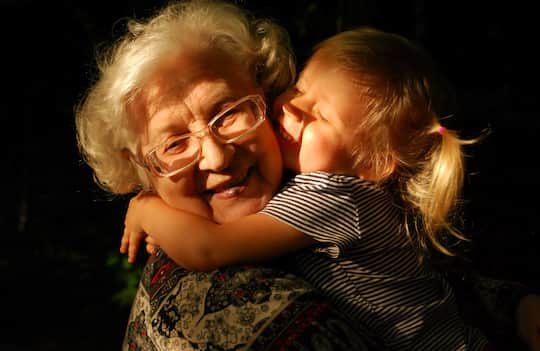The emotion causes consistent stress to the body, which may hasten the onset of diabetes.
The emotion causes consistent stress to the body, which may hasten the onset of diabetes.
Prolonged loneliness can lead to type-2 diabetes, research suggests.
An absence of deep, positive relationships is the key factor, rather than a simple lack of contact.
In other words, one can still be lonely in a crowd.
One-third of adults in the US report that they feel lonely at least some of the time.
The same figure for the UK is one-in-five.
It is not known exactly why loneliness is linked to type-2 diabetes.
One possible explanation is that loneliness causes consistent stress to the body, which hastens the onset of the disease.
Dr Ruth Hackett, the study’s first author, said:
“The study shows a strong relationship between loneliness and the later onset of type 2 diabetes.
What is particularly striking is that this relationship is robust even when factors that are important in diabetes development are taken into account such as smoking, alcohol intake and blood glucose as well as mental health factors such as depression.
The study also demonstrates a clear distinction between loneliness and social isolation in that isolation or living alone does not predict type 2 diabetes whereas loneliness, which is defined by a person’s quality of relationships, does.”
The study included 4,112 people aged over 50 who were tracked over 15 years.
During this period, 264 people developed type 2 diabetes, with lonely people at a higher risk.
Diabetes is a chronic disease that affects how the body turns food into energy.
It means that the body finds it difficult to keep blood sugar at normal levels.
Diabetes can cause serious health problems, such as heart and kidney disease as well as vision loss.
Dr Hackett said:
“I came up with the idea for the research during UK lockdown for the COVID-19 pandemic as I became increasingly aware and interested in how loneliness may affect our health, especially as it is likely that many more people were experiencing this difficult emotion during this period.”
Stress linked to loneliness may be causing diabetes, said Dr Hackett:
“If the feeling of loneliness becomes chronic.
Then everyday you’re stimulating the stress system and over time that leads to wear and tear on your body and those negative changes in stress-related biology may be linked to type 2 diabetes development.”
The study was published in the journal Diabetologia (Hackett et al., 2020).










